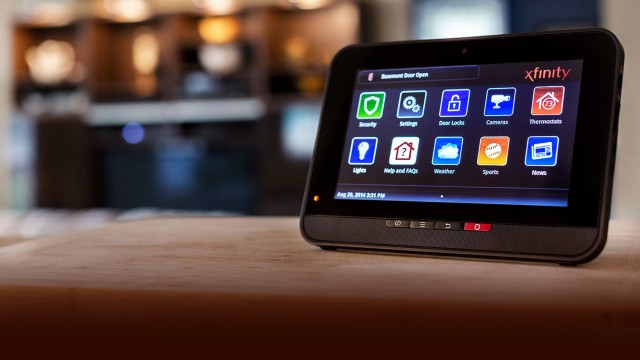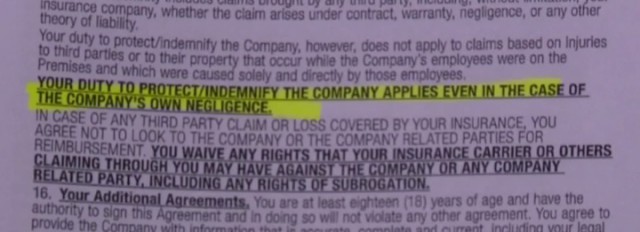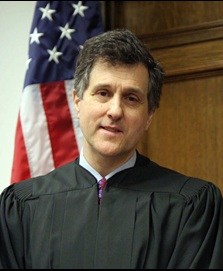 Comcast’s sweeping disclaimers of responsibility for failures or confusion over its home security system made it next to impossible for a Washington state judge to find the cable company or its contractor liable for an alleged system failure that allowed two men to break into a Kirkland home undetected and torture the family’s teenage son.
Comcast’s sweeping disclaimers of responsibility for failures or confusion over its home security system made it next to impossible for a Washington state judge to find the cable company or its contractor liable for an alleged system failure that allowed two men to break into a Kirkland home undetected and torture the family’s teenage son.
Washington Superior Court Judge William Downing sympathized with the Rawat family over the intuitiveness of XFINITY’s Home Security system that required the family to arm it by selecting “away” mode before going to sleep, in turn activating motion detectors that would have alerted the family to the break-in.
“In the world of made-up words like XFINITY and meaningless slogans like ‘The Future of Awesome,’ this is not startling,” the judge said. “It is Microsoft that has trained us to shut down our computers by going to the ‘Start’ menu. More to the point, it is equally counterintuitive to believe that an indoor motion detector would be armed when a system was being set for a family and pets intending to stay inside the house.”

Comcast’s security contract lets the company walk away from responsibility for virtually everything.
Despite that, the Rawat family attorney had a high hurdle to overcome – Comcast’s contract with its customers that disavowed responsibility for almost any and all failures of the system and goes as far as to require victims to protect Comcast if a matter reaches the courts.
 “Comcast complied with the terms of its written contract and did not breach any of its contractual duties,” the judge said. “No claims can lie for breaches of any expressed or implied warranties that were effectively disclaimed in the written contract.”
“Comcast complied with the terms of its written contract and did not breach any of its contractual duties,” the judge said. “No claims can lie for breaches of any expressed or implied warranties that were effectively disclaimed in the written contract.”
The judge added the plaintiffs may have exposed imperfections in Comcast’s installer training, the information conveyed on its lighted home security system control panels, and the nomenclature used to designate different system modes. But none of those acts overcame Comcast’s contractual disclaimers and failed to reach the legal definition of negligence.
Comcast’s attorneys argued the undetected break-in was the fault of the Rawat family because they failed to use the XFINITY Home Security system properly. To activate protection, the family had to arm the system in “away” mode before going to sleep, despite the fact the system’s motion detectors could trigger a false alarm if anyone moved inside of the home.

Downing
Ultimately, the judge found Comcast’s argument compelling.
“The malicious attack by the two criminals was motivated by pure evil and warrants every last second of punishment that they receive,” the Comcast attorney said. “However, what happened to Deep Rawat is not the result of anything that Comcast or Pioneer [the contractor] did or did not do.”
In short, the family should hold Blessing Gainey and Vincent Sisounong, who pled guilty to the attack last year, responsible, not Comcast or its contractor.
While acknowledging the severity of the plaintiffs’ son’s injuries and the emotional impact of the crime, the judge could not find Comcast responsible under the terms of the contract the family willingly signed.
But the case may offer some insight for other Comcast customers who either have or are evaluating an XFINITY Home Security system. A careful review of the contract Comcast makes customers sign may prove important as a customer considers their options for home security and personal protection.


 Subscribe
Subscribe